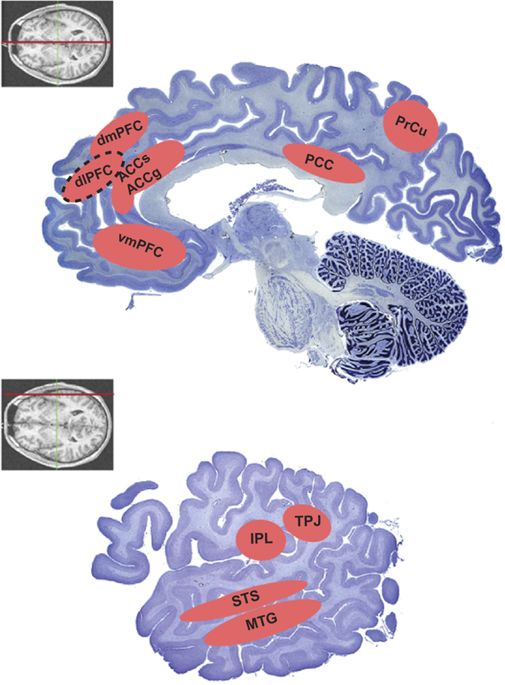npj Science of Learning ( IF 3.6 ) Pub Date : 2017-06-16 , DOI: 10.1038/s41539-017-0009-2 Jessica Joiner , Matthew Piva , Courtney Turrin , Steve W. C. Chang

|
Learning about the world is critical to survival and success. In social animals, learning about others is a necessary component of navigating the social world, ultimately contributing to increasing evolutionary fitness. How humans and nonhuman animals represent the internal states and experiences of others has long been a subject of intense interest in the developmental psychology tradition, and, more recently, in studies of learning and decision making involving self and other. In this review, we explore how psychology conceptualizes the process of representing others, and how neuroscience has uncovered correlates of reinforcement learning signals to explore the neural mechanisms underlying social learning from the perspective of representing reward-related information about self and other. In particular, we discuss self-referenced and other-referenced types of reward prediction errors across multiple brain structures that effectively allow reinforcement learning algorithms to mediate social learning. Prediction-based computational principles in the brain may be strikingly conserved between self-referenced and other-referenced information.
中文翻译:

通过大脑中的预测错误进行社会学习
了解世界对生存和成功至关重要。在社交动物中,了解他人是导航社交世界的必要组成部分,最终有助于提高进化适应性。长期以来,人类和非人类动物如何代表他人的内部状态和经历一直是发展心理学传统以及最近涉及与他人有关的学习和决策研究的主题。在这篇综述中,我们探讨了心理学如何概念化代表他人的过程,以及神经科学如何发现强化学习信号的相关性,从而从代表与自我和他人有关的奖励相关信息的角度探索社会学习背后的神经机制。尤其是,我们讨论了跨多个大脑结构的自参考和其他参考类型的奖励预测错误,这些错误有效地使强化学习算法能够介导社交学习。在自参考信息和其他参考信息之间,大脑中基于预测的计算原理可能会非常保守。











































 京公网安备 11010802027423号
京公网安备 11010802027423号